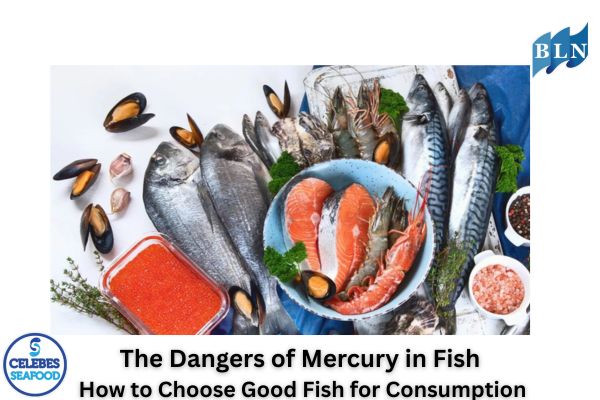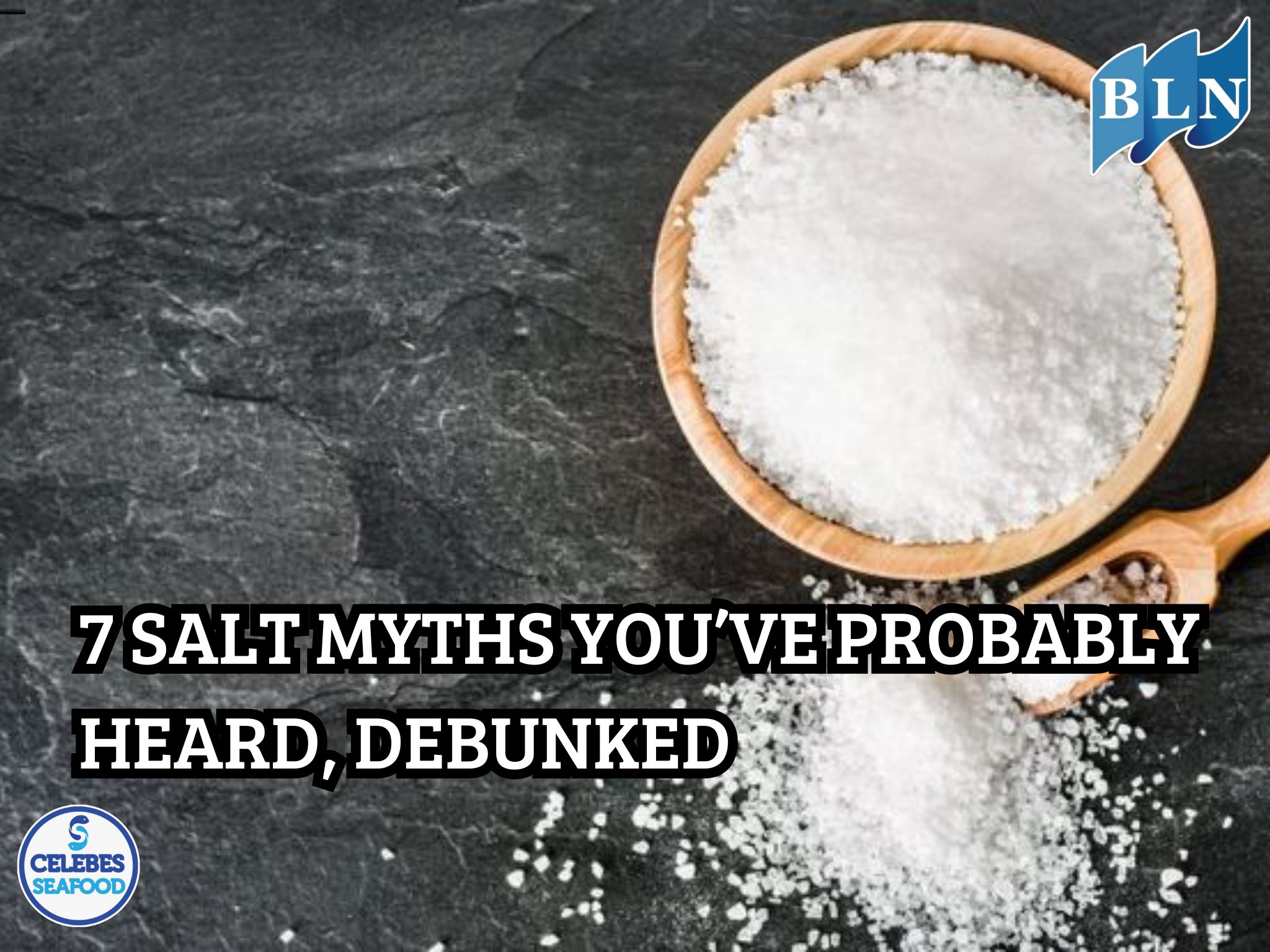The Dangers of Mercury in Fish and How to Choose Good Fish for Consumption
By. Edi - 28 Apr 2025
lautnusantara.com Mercury is a heavy metal that is naturally found in the environment, such as soil, water, and air. However, human activities such as coal burning and mining can increase mercury levels in the environment, which can then pollute the waters.
Fish can absorb mercury from the water and food they consume. Mercury in fish is usually in the form of methylmercury, a highly toxic organic compound that can accumulate in the body of fish, especially in long-lived predatory fish at the top of the food chain.
A. The dangers of mercury to human health, especially if consuming contaminated fish in high amounts and over the long term, include:
- Nervous System Disorders: Mercury can damage the brain, spinal cord, and peripheral nerves, causing symptoms such as tingling, numbness, tremors, impaired coordination, impaired vision, hearing, and speech, as well as memory and concentration problems.
- Kidney Disorders: High exposure to mercury can damage the kidneys.
- Cardiovascular Disorders: Several studies have linked mercury exposure to an increased risk of heart disease and high blood pressure.
- Developmental Disorders in Fetuses and Children: Pregnant women, nursing mothers, infants, and children are the groups most susceptible to the adverse effects of mercury. Fetal exposure to mercury can cause impaired brain and nervous system development, which can result in learning disabilities, low IQ, and developmental delays.
- Reproductive Effects: In adults, mercury exposure can affect fertility and sperm count.
Some types of fish that tend to have higher mercury levels include:
- Shark
- Swordfish
- King Mackerel
- Bigeye Tuna
- Marlin
- Tilefish
B. Tips for Choosing Safe Fish to Eat
Although some fish contain mercury, fish are still a source of protein and other important nutrients. You can reduce your risk of mercury exposure by choosing the right types of fish and limiting your consumption. Here are some tips:
1. Choose Fish with Low Mercury Content: Prioritize consumption of fish that are known to have low mercury levels, such as:
- Catfish
- Shrimp
- Salmon
- Anchovies
- Snapper
- Sardines
- Tilapia
- Mackerel
2. Limit Consumption of Fish with High Mercury Content: Avoid or limit consumption of the types of fish mentioned above (shark, swordfish, king mackerel, bigeye tuna, marlin, tilefish).
3. Pay Attention to Fish Size: Larger and older fish tend to have higher mercury levels because they have lived longer and eaten other fish that may also contain mercury. Choose smaller fish.
4. Variety of Fish Types: Don't just consume one type of fish continuously. Vary your fish choices to minimize mercury exposure from one source.
5. Pay Attention to Fish Source: If possible, know the origin of the fish you buy. Fish from less polluted waters may have lower mercury levels. Freshwater fish that are farmed in a controlled environment are generally safer from mercury contamination than wild marine fish.
6. For Pregnant Women, Breastfeeding Mothers, and Children: This group should be more careful in choosing fish. Consult a doctor or nutritionist regarding the types and limits of safe fish consumption. Generally, they are advised to avoid fish with high mercury levels and limit consumption of fish with moderate mercury levels. 7. Choose Fresh Fish: In addition to paying attention to mercury content, make sure you choose fresh and good quality fish. Characteristics of fresh fish include clear eyes, bright red gills, firm flesh, and a non-pungent fishy odor.
If you are interested in our product Octopus Whole Cleaned Yucatan, Coral Trout Fillet Skin On, CORAL TROUT WGG WHOLE GILLED GUTTEDplease do not hesitate to contact us through email and/or whatsapp.







